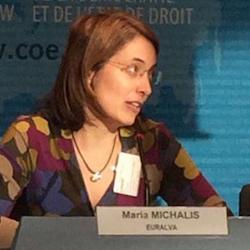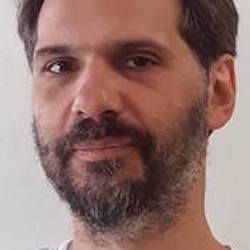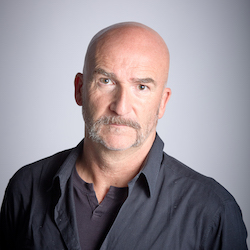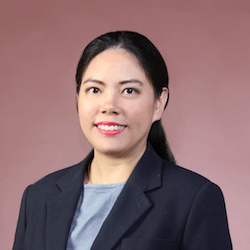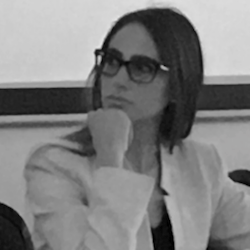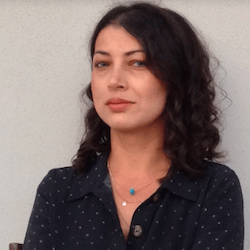The political economy approach to communication studies has a long history at the University of Westminster, whose work in this area has commanded a high international reputation since its inception in the 1970s. Then, renowned scholars such as James Curran, Colin Sparks and Nicholas Garnham pioneered the approach that Curran characterises as the Westminster School of Media and Communication Studies. The members of the first generation of the Westminster School also founded the journal Media, Culture & Society in 1979.
Today, the Westminster tradition of political economy of communication and communication policy is organised in the form of a research network within the Communication and Media Research Institute (CAMRI). It has several distinct characteristics:
- Critical: The Westminster approach conducts critical studies of the political economy of communication and communication policy. It aims to better understand the dynamics, contradictions, contexts, structures, practices and history of communication power.
- Communication policy: The Westminster approach studies the roles, dynamics and trajectories of communication policies both nationally and internationally. In order to further progressive communication policies, the Research Network co-operates with the CAMRI Policy Observatory and works with policy makers, civil society groups, parliamentarians, think tanks, and other external organisations.
- Democracy: The Westminster approach has a broader purpose. It advances scholarship and research that aim to have progressive impacts on society through the advancement of democratic communication(s), a democratic public sphere, media plurality and public interest media.
- Digital: The political economy of digital media and digital capitalism is a particular research interest.
- International: The Westminster approach has a particular interest in the analysis of the international, global and spatial political economy of communication. We are interested in the interactions of the political economy of communication at the global, international, national and local levels. We study the political economy of communication in Europe, the Arab World, China, Britain, Africa, and other parts of the world.
The Network’s Research applies a political economy approach to themes such as children’s media, Chinese media and news, communication infrastructures, creative and digital labour in China, digital advertising, digital democracy and the digital public sphere, digital labour, digital surveillance, media industries and communication policy in the Arab world, media concentration and media monopolies, media plurality, the future of public service media, the political economy of communication in authoritarian regimes, the regulation of Internet platforms, the sustainability of creative and cultural production beyond the market model, sustainabiliy of high quality and professionalised journalism, the state and policies in the context of global communication, trust, facts, fiction and ideology in the age of fake news, etc.
.
The tasks of the Research Network are:
- to conduct research on the political economy of communication and communication policy;
- to collaborate with the CAMRI Policy Observatory to enhance the impact of the Network’s research in society;
- to apply for externally funded political economy and communication policy research and to conduct such projects;
- to disseminate the Network’s research and offer a public platform in order to foster debate about communication policy and the political economy of communication in the form of events, publications, public discussions, seminars, policy workshops, symposia, reading groups, etc.;
- to attract world-class research students and international visiting researchers, who focus on studying political economy of communication and communication policy, to the University of Westminster.
- to contribute to and influence progressive and informed policy making in communications through interactions with relevant legislators and policy makers.








